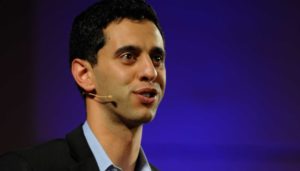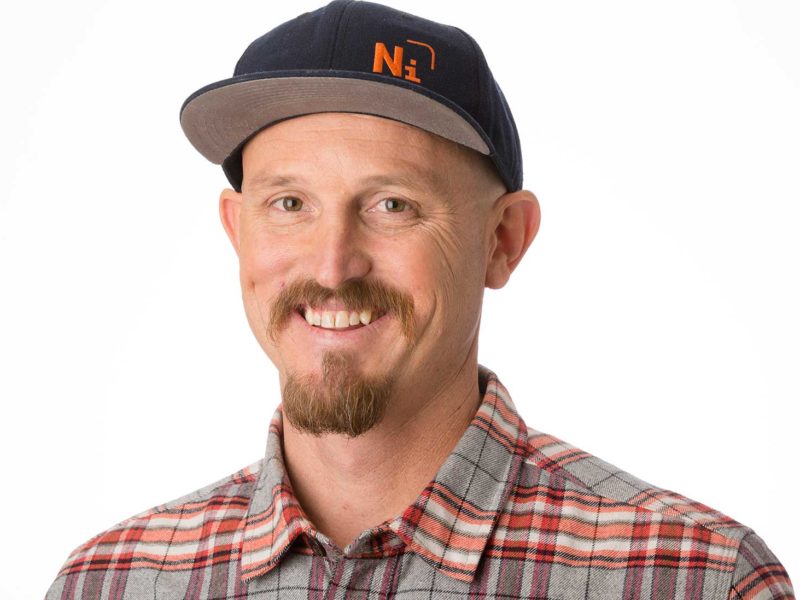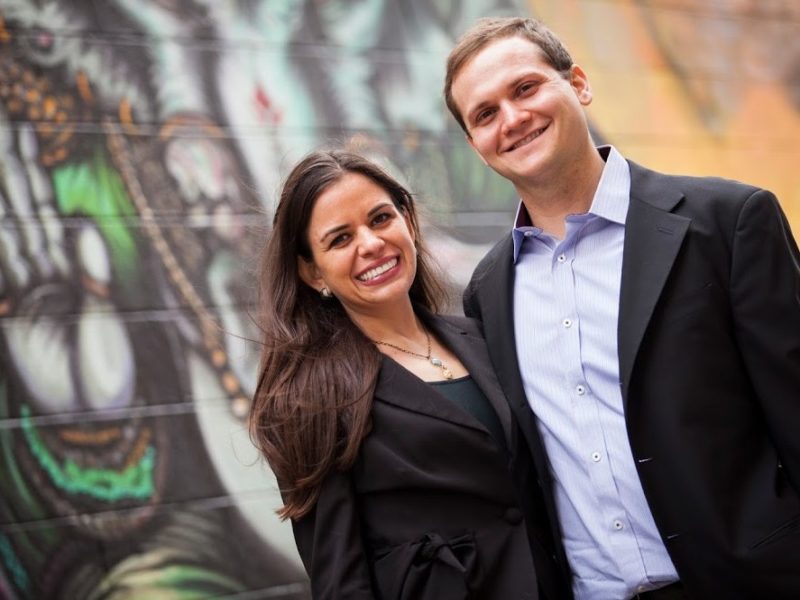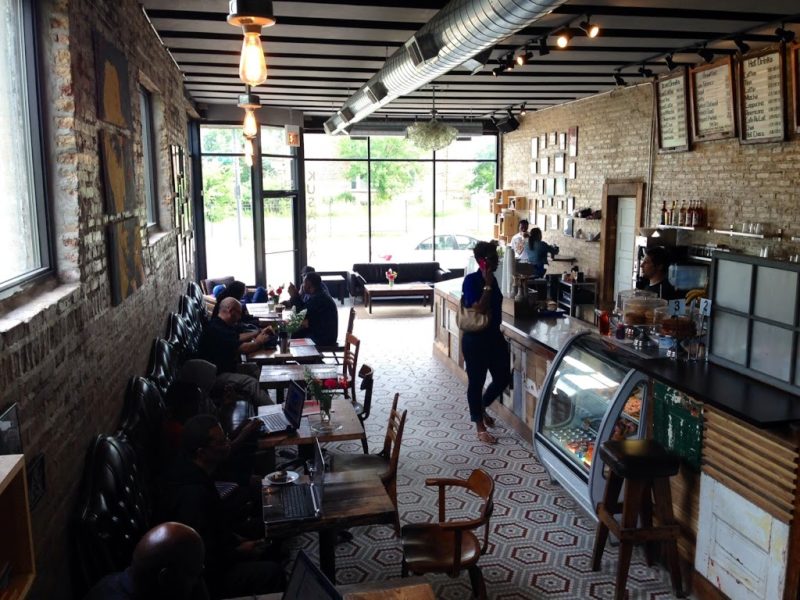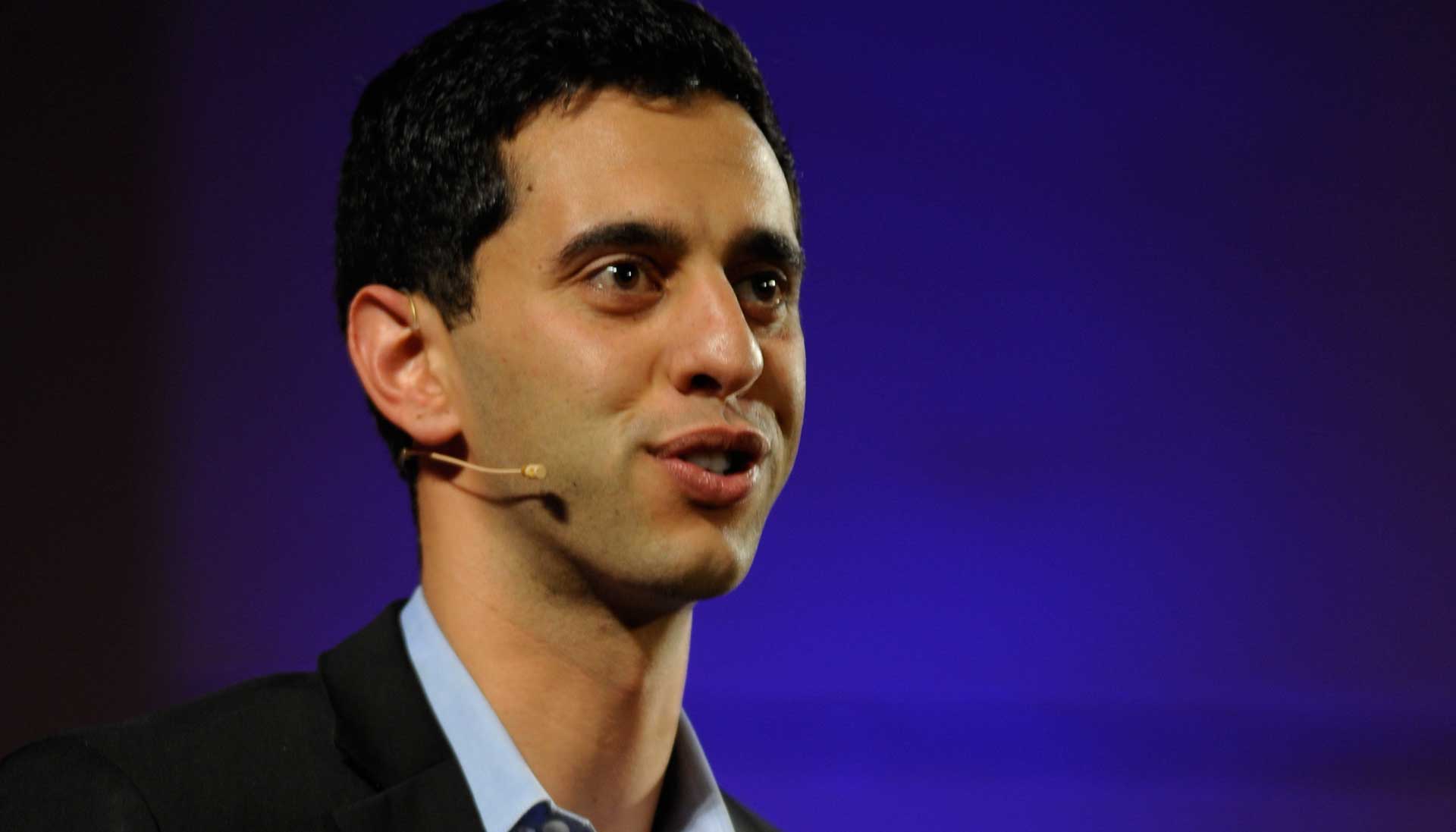
Backstage Pass: Learning through Experience with the Experience Institute’s Victor Saad
CIW speaker and Co-op member Victor Saad knows that the end of school—at least as we know it—is near. In fact, when Saad was interested in pursuing an MBA, he skipped business school himself, opting instead to embark on what he called The Leap Year Project. An educational race in which Saad completed 12 experiences in 12 months, The Leap Year Project gave Saad the types of hands-on experiences usually reserved for internships or daylong field trips. Now, he’s helping others pursue experiential educations, with the Experience Institute, a higher education platform that recently graduated its first class and that is aiming to redefine the way we all approach education.
Victor Saad’s Experience Institute transforms the city into an intellectual playground.
The Experience Institute aims to “establish experience as a credible form of education.” Why is this important?
I think everyone knows experience is transformative. I think all of us have had those moments where we realize that our most valuable lessons have come from those moments when we’ve had to do something outside of our comfort zone or we’ve had to do something where our neck was on the line. It wasn’t just a case study; it wasn’t just a sample problem. It was for something that people were actually going to interact with.
Since it’s such a valuable part of education, I’ve just been curious why is it usually just a small portion of it, like an internship. I thought, How do we design education with experience at the center? I think if we do, people end up becoming more inventive and adaptable.
So, how do you design education with experience at the center?
With experience being so organic, you can’t be too formulaic with it. It’s important to create a community, to create the space and the vernacular for it, in the same way that CSS and HTML have done for designing websites.
What were some of the experiences you undertook yourself during your Leap Year Project?
I wanted to be able to work with individuals who both believed in what I was doing and also had excelled in what they were doing. I found myself working alongside Samuel Stubblefield, who is a world-renowned experience designer at an architecture firm in Seattle, to build out Microsoft’s healthcare facility. Specifically, the lobby needed a dose of levity and interactivity.
On the other extreme, I spent time with Union Rescue Missionin downtown LA. I was getting out of the more design-heavy world and thinking about what it means to work for an organization that serves people.
What are your overall takeaways from all of the “experiences” you undertook?
Personally, I think courage comes when you attempt something that is seemingly impossible. The moments of discomfort and the moments of challenge are the moments that we actually ought to lean into and not avoid. Those are the moments that build our character.
Many of your Experience Institute students are attending CIW events. How does this fit into their experiential education?
This fits into the idea of us having electives, and the city is our campus. Our meeting spaces have been all kinds of office spaces. Our classes have been taught by practitioners. And then our electives are this.
Why do you think events like CIW are so important?
Inspiration is perishable. It’s like food; if you have a great meal in front of you, you ought to consume it. CIW serves up the best of meals, and it invites you to act on them relatively quickly because you have the people who can make your ideas come to life right next to you.
Q&As are edited for clarity and length.


